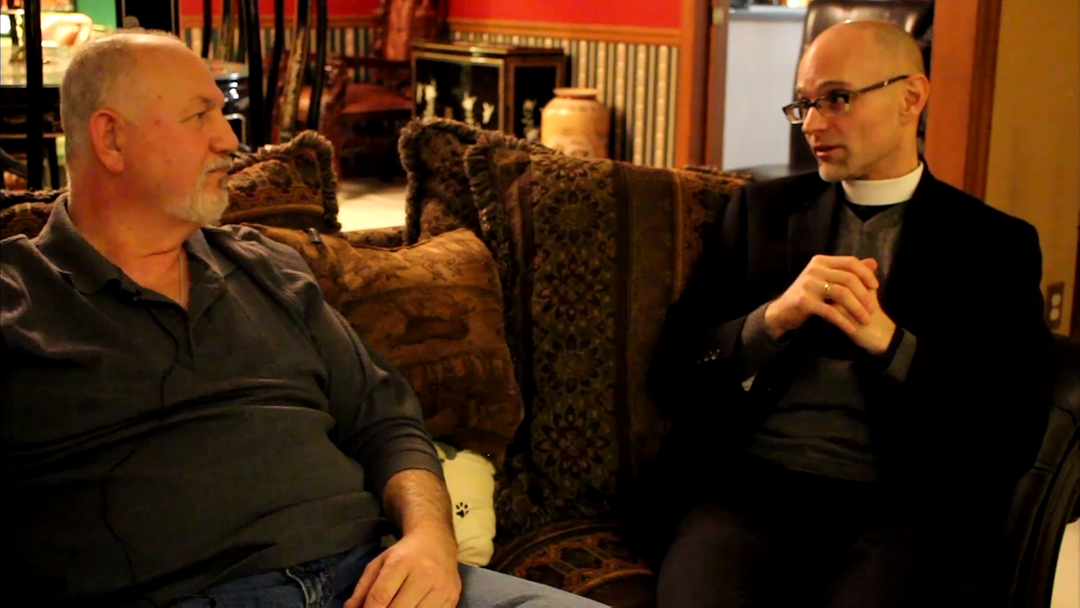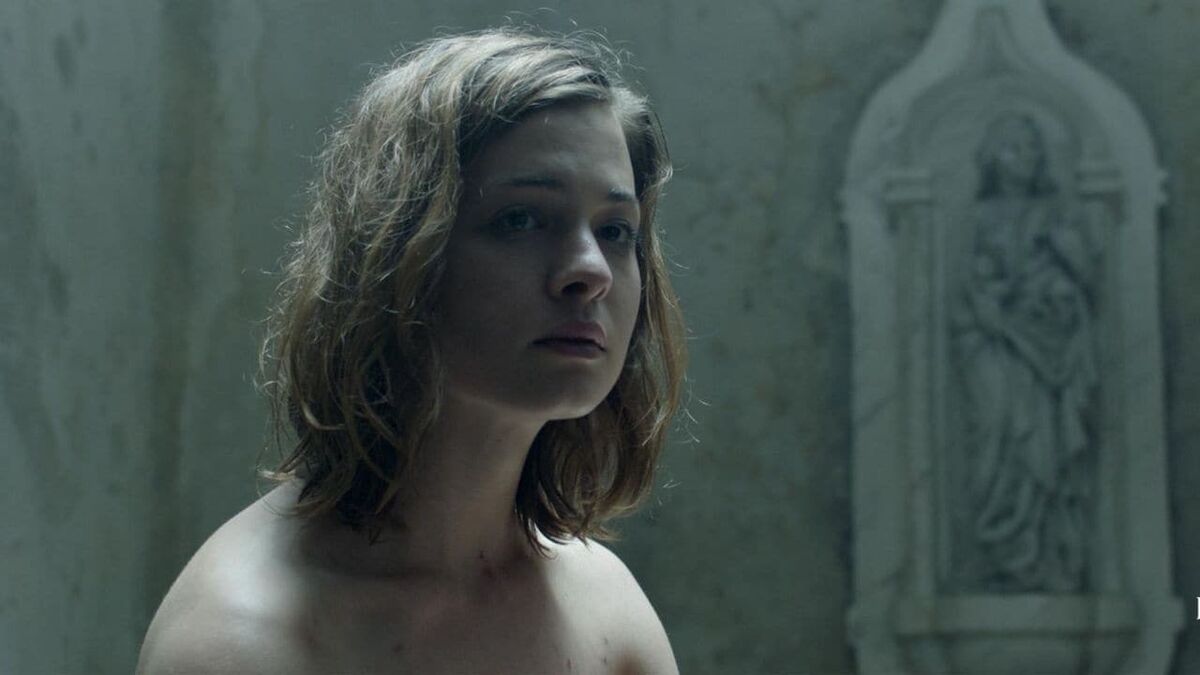A Raw, Minimalist Exploration of Belief and Ritual
The Exorcism Prayer (2019), directed by Ryan Cavalline, is a 68-minute documentary that takes a sober and stripped-down approach to one of religion’s most controversial and mysterious practices: exorcism. Rather than relying on horror tropes or dramatic reenactments, the film presents straightforward interviews with exorcists, priests, and demonologists who share their personal experiences and insights into the ritual of casting out demons.
The documentary focuses primarily on conversations with religious practitioners who have participated in or witnessed exorcisms. These individuals discuss the signs of possession, the spiritual tools required to confront demonic forces, and the emotional and spiritual toll the process takes on everyone involved. Their testimonies are framed by recitations of traditional prayers and explanations of their significance within Christian belief systems.
Unlike more sensational horror documentaries, The Exorcism Prayer chooses a subdued, almost clinical tone. There are no jump scares, reenactments, or horror effects. Instead, the film relies solely on real-world testimony and theological reflection. This gives it a sense of authenticity and seriousness, but it also means the film lacks the tension or drama that many viewers might expect when hearing the word “exorcism.”
One of the central strengths of the documentary is its focus on the belief system that sustains the practice of exorcism. The interviewees treat the subject with reverence and care, offering a glimpse into a world often misunderstood or mocked in popular culture. Rather than painting possession as a spectacle, the film presents it as a deeply spiritual battle rooted in centuries of religious tradition.
However, this grounded approach is also where the film may fall short for some viewers. With its repetitive format—mainly static interviews interspersed with prayers and commentary—the pacing can feel slow. There is little narrative arc or character development, and the lack of opposing viewpoints or psychological context leaves the film feeling one-sided. It offers very little in terms of critical analysis or debate, assuming the viewer shares or is open to the belief that demonic possession is real and active in the modern world.

From a technical standpoint, the film is simple and low-budget, with minimal editing or production design. The focus is entirely on content, not cinematic flair. This will appeal to viewers interested in theology, spiritual warfare, or religious documentary work—but it may disappoint those expecting an emotionally immersive or visually dynamic experience.
In summary, The Exorcism Prayer is a modest, focused documentary about the ongoing belief in and practice of exorcism. It avoids horror clichés in favor of quiet testimony and religious reflection. While its minimalist style may not engage everyone, it offers a sincere and unembellished look into a subject often sensationalized by media. For audiences curious about the religious side of exorcism rather than the spectacle, this documentary provides an earnest starting point.

